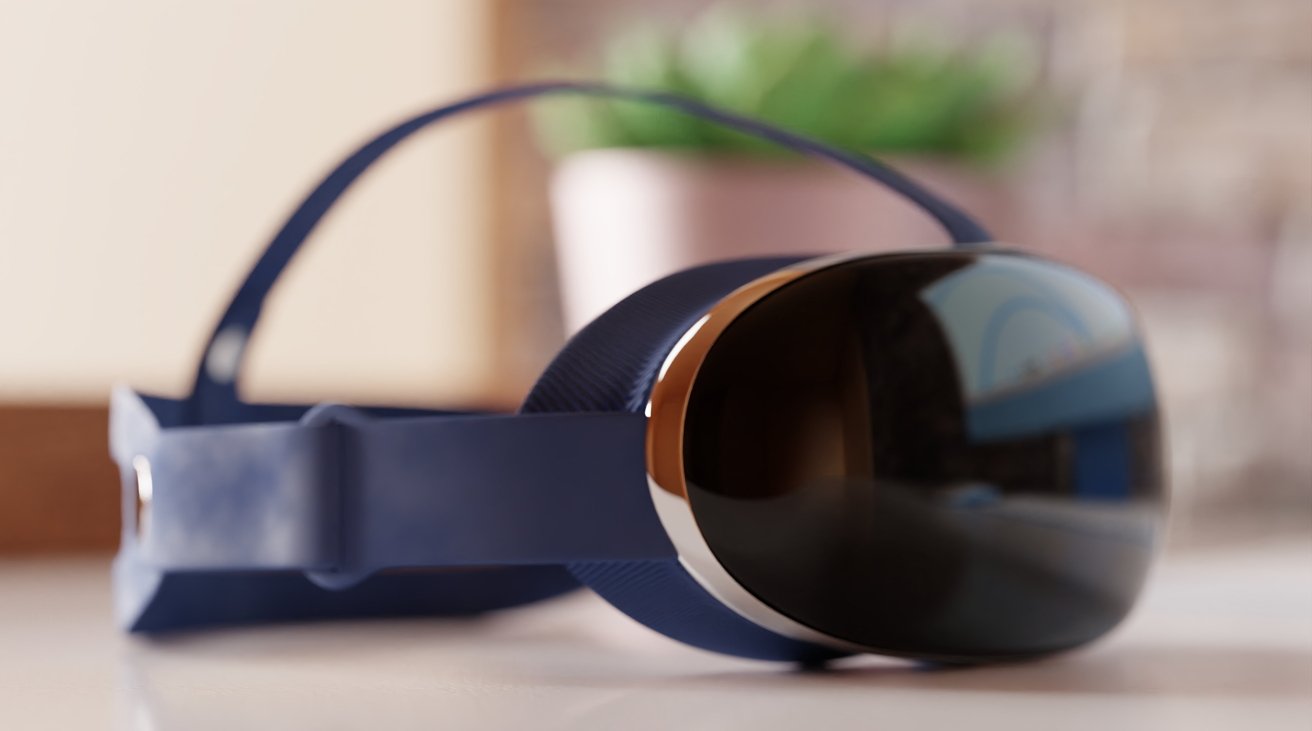According to leaks that emerged last year, Apple has stepped up its work for the mixed reality title. Famous Analyst Ming-Chi Kuo shared leaks about the launch date of Apple’s mixed reality headset.
Apple mixed reality headset launch date changed
In November last year, a new report was published regarding Apple’s mixed reality device. The report details that the first production is very limited and that Apple will present its new product with a high price tag.

Kuo stated that the mixed reality title, which is thought to be introduced in January, has been delayed due to technical glitches. Expressing that the shipping process will start in the second quarter of 2023, Kuo said, “There have been problems with the mechanical drop test and the availability of software tools.” said.
Stating that the new device will be introduced in June or at the WWDC conference, Kuo thinks that the highly anticipated mixed reality title will make a very ambitious entry into the market. In the report published by The Information recently, it was announced that a Digital Crown-like technology will be used to switch between virtual and physical view modes.
The leaked details about the Apple mixed reality headset are as follows:
- It will come with a waist-mounted battery that attaches to the headset’s headband via a magnetic, MagSafe-like power cable. Users will be able to replace the battery for longer use.
- It will feature a design that uses aluminum, glass and carbon fiber to reduce its size and weight. The cameras will be largely hidden for aesthetic reasons.
- A small Digital Crown-like dial will be used on its right side, allowing users to quickly switch between the virtual and physical world. Unlike the Apple Watch, it won’t offer haptic feedback.
- Apple will offer different headbands, including one for consumers and one aimed at developers, in a material similar to the Apple Watch sports straps with built-in speakers.
- Special prescription glasses that can be attached magnetically can be used for glasses wearers.
- Small motors that automatically adjust their built-in lenses to match the wearer’s interpupillary distance will provide the widest possible field of view for each individual.
- Like the Valve Index, it will offer a 120-degree field of view.
- The H2 chip will be used for ultra-low latency connectivity with second-generation AirPods Pro and future AirPods models.
- It will be introduced with two chips, including a CPU, a main SoC with GPU and memory, and a dedicated video signal processor. Chips produced with 5nm technology indicate that the headset is missing the advances expected to come to other Apple chips this year.
- The dedicated ISP will include proprietary high-bandwidth memory manufactured by Chip, SK Hynix, which can convert distorted images captured by external cameras into a high-fidelity video representation of the user’s environment with low latency.
- It will be able to run existing iOS applications in 2D.